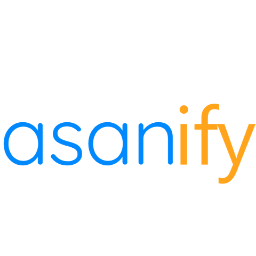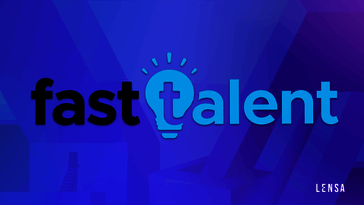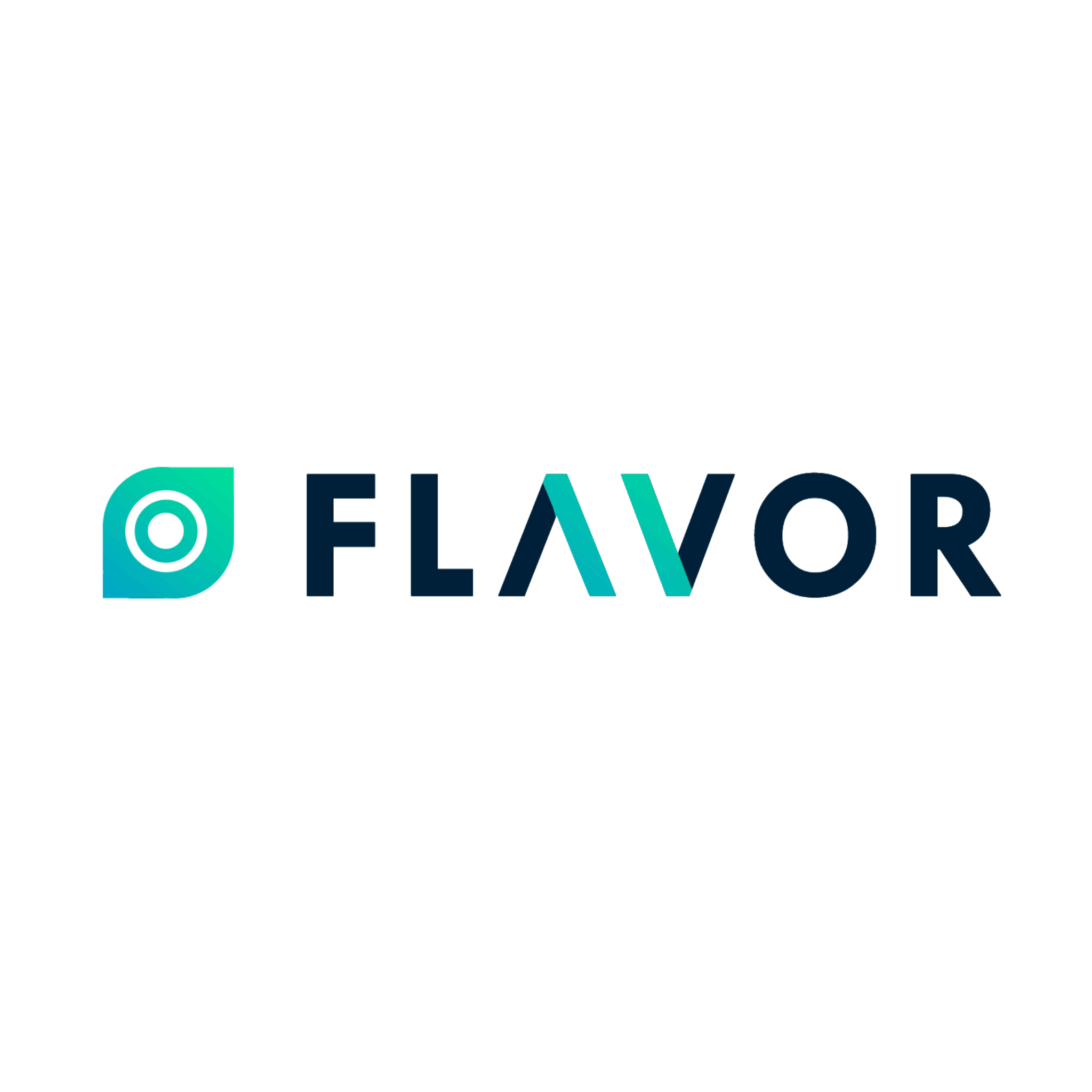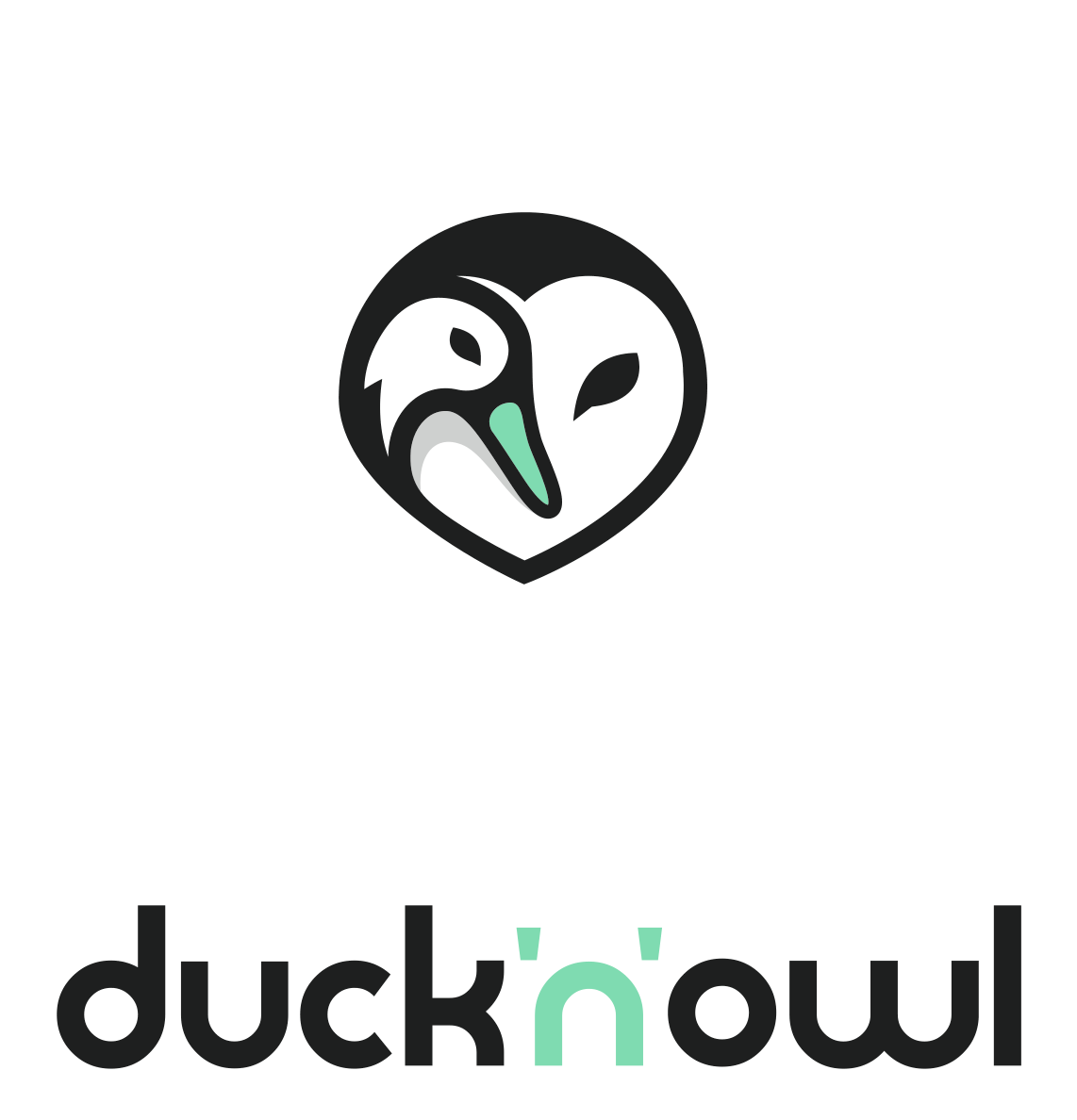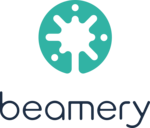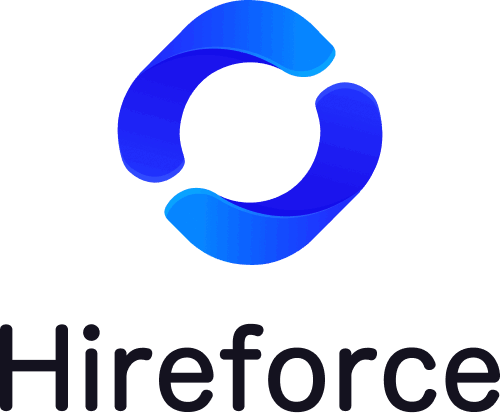Yes, most recruitment CRM software nowadays is cloud-based, making it available from a variety of devices and platforms, including PCs, laptops, tablets, and smartphones. With a secure login, you can access the software from anywhere with an internet connection. This enables recruiters to stay organized, collaborate with team members, and efficiently manage their recruitment process, even when on the go.
List of 20 Best Recruitment CRM Software
eBoss recruitment software solution for recruitment agencies. This innovative online platform provides a range of advanced tools, including bulk CV uploading and parsing, precise searching, and a quick shortlist creation system. Say farewell to tedio...Read More eBoss Recruitment
Ejobsitesoftware solution for building unique job boards with an integrated Applicant Tracking System. Whether youre a business, recruiter, or job site, this powerful software makes it effortless to create specialized or general job boards based on s...Read More Ejobsitesoftware
Asanify is a solution for HR, Payroll, and Benefits designed specifically for small businesses in India, US, UK, Germany, and Singapore. With a user-friendly platform and a conversational interface that can be integrated with popular communication pl...Read More Asanify HR, Payroll and Benefits
FastTalent - a recruitment software that utilizes the power of Lensa, a renowned job search engine, to rapidly advertise job openings to a vast network of qualified candidates across the nation. Employers can efficiently connect with top talent throu...Read More FastTalent
Folk Flow is a ATS solution for businesses seeking to enhance their recruitment process. Enjoy unlimited access with no hidden charges and boost efficiency in your hiring process. Optimize your HR teams workload and save 50-80 hours on each job openi...Read More Folk Flow
Flavor is a software for streamlined customer management. Simplify your lead tracking and effortlessly manage customer information with our powerful Customer Relationship Management system. Say farewell to cumbersome spreadsheets and welcome accelera...Read More Flavor
Career Fair Plus is a recruiting platform designed for virtual, in-person, and hybrid events. Our enterprise software streamlines the hiring process by providing a seamless and efficient experience. Elevate your recruitment efforts and attract the be...Read More Career Fair Plus
Giig Hire is a recruitment solution for freelance recruiters and small agencies. Our comprehensive platform includes a Recruitment CRM, ATS, Website Builder, and Job board, all seamlessly integrated to streamline your recruitment process. With Giig H...Read More Giig Hire
Ducknowl is a Talent Screening and Assessment Platform that streamlines the hiring process. Our all-in-one dashboard allows recruiters to effortlessly conduct resume screening, video screening, and skill assessments of potential candidates. Say farew...Read More Ducknowl
TrackerRMS, a top-of-the-line customer management solution designed for small and mid-sized businesses. Our software enables you to enhance your customer data and cultivate stronger client relationships. With efficient management of pipelines and sal...Read More TrackerRMS
iSmartRecruit is a ATS, Recruiting CRM, and Executive Search Software that simplifies and optimizes your recruitment process. Its advanced features allow you to effortlessly target and connect with high-quality candidates. With a user base of over 10...Read More iSmartRecruit
GoHire ATS - your ultimate hiring solution. Our user-friendly platform simplifies every stage of the recruitment process, from sourcing top talent to scheduling interviews with ease. With GoHire, you can save time and money while building a high-perf...Read More GoHire ATS
Symphony Talent is a technology and creative partner for revolutionizing your talent acquisition strategy. Our comprehensive solutions effectively attract, engage, and retain top candidates, while enhancing overall performance and cultivating a stron...Read More Symphony Talent
Yello is the premier talent acquisition platform for streamlining campus recruitment and promoting diversity in hiring. Trusted and utilized by leading companies, Yello offers a comprehensive suite of tools for event management, candidate engagement,...Read More Yello
Beamery is an intelligent talent lifecycle management platform that helps companies streamline their hiring process and enhance employee engagement. Powered by AI, it enables organizations to source, nurture, and retain top talent while promoting div...Read More Beamery
TalentOrb is a ATS for streamlining your recruitment process. With cutting-edge technology at its core, this platform provides a complete solution for managing every step of hiring, from posting job listings to selecting top candidates and seamlessly...Read More TalentOrb
Access HR solution for streamlining your human resource processes. This software offers a seamless integration and user-friendly design to simplify tasks like payroll, personnel record keeping, and compliance. Free up your teams time to focus on what...Read More Access HR
Hireforce is a recruitment software for simplifying, customizing, and team collaboration. Our innovative tools streamline the hiring process, enabling you to easily discover and onboard top talent. Plus, our thoughtful toolkits offer improved collabo...Read More Hireforce
Loxo is a Talent Intelligence Platform. Our all-in-one solution combines ATS, CRM, and advanced sourcing tools to make your recruitment process a breeze. Easily connect with top talent, automate communication, and effectively manage the entire hiring...Read More Loxo
Recruiterflow the recruitment software designed for staffing and recruiting agencies. Easily source candidates, automate emails, and save time on administrative tasks with just one click. Eliminate the hassles and stay focused on your core competency...Read More Recruiterflow
Learn More About Recruitment CRM Software
- What Is Recruitment CRM Software?
- What Are The Recent Trends In Recruitment CRM Software?
- Benefits Of Using Recruitment CRM Software
- Important Factors To Consider While Purchasing Recruitment CRM Software?
- What Are The Key Features To Look For In Recruitment CRM Software?
- Why Do Businesses Need Recruitment CRM Software?
- How Much Time Is Required To Implement Recruitment CRM Software?
- What Is The Level Of Customization Available In Recruitment CRM Software?
- Which Industries Can Benefit The Most From Recruitment CRM Software?
- Conclusion
What Is Recruitment CRM Software?
recruiting CRM software, also known as candidate relationship management software, is a type of technology that simplifies and automates the recruiting process for companies of all sizes. It is intended to assist organizations in managing their candidate pipeline, resulting in better informed and efficient hiring decisions. One of the primary benefits of a Recruitment CRM is the ability to concentrate all candidate information in one location.
This eliminates the need for email chains and spreadsheets, allowing recruiters to easily track the development of each prospect. From sourcing and screening to onboarding and beyond, Recruitment CRM software automates the whole recruitment process. Furthermore, Recruitment CRM software frequently incorporates capabilities like resume parsing, job posting and distribution, and communication tools.
This enables recruiters to effortlessly filter resumes, post positions on different networks, and contact with candidates all from a single platform. Recruitment CRM software not only streamlines the hiring process for recruiters, but it also improves the candidate experience. Candidates who receive individualized communication and a shortened application process feel valued and are more likely to have a positive view of the organization.
Furthermore, Recruitment CRM software generally includes data and analytics features, allowing recruiters to measure metrics like time-to-hire and cost-per-hire. Businesses can use this data to make data-driven decisions and improve their hiring methods over time. Before investing in Recruitment CRM software, you need carefully analyze your company's specific requirements.
Some software may specialize in specific industries or provide unique capabilities, therefore it is critical to identify which elements are required for your organization's recruiting process.
What Are The Recent Trends In Recruitment CRM Software?
Recruitment CRM software has become an essential component of the modern hiring process, offering firms a more streamlined and efficient approach to manage their recruitment efforts. As technology advances and evolves, there are a few recent trends in recruitment CRM software that purchasers should know about.
These trends indicate the direction in which this business is moving, and recognizing them is critical for making informed purchase decisions.
1. Artificial Intelligence And Automation: One of the most significant advances in recruitment CRM software is the use of artificial intelligence and automation. This technology analyzes data using algorithms and machine learning to find the most qualified applicants. It can also automate monotonous operations, allowing recruiters to focus on more important responsibilities. AI-powered recruitment CRM software assists firms in reducing recruiting bias, improving candidate matching, and increasing the overall efficiency of recruitment processes.
2. Mobile Optimization: With the growing popularity of mobile devices, recruiting CRM software is becoming more mobile-friendly. This trend enables recruiters to use their software while on the go, making it easier to contact with candidates and cooperate with team members. Mobile optimization also allows candidates to apply for positions and track their application status, resulting in a better candidate experience.
3. Social Media Integration: Recruitment CRM software is also integrating social media sites to increase the reach and exposure of job advertisements. This trend allows recruiters to reach a larger audience and locate top talent using sites such as LinkedIn, Facebook, and Twitter. Social media integration also enables more effective candidate engagement and relationship management.
4. Inclusion Of Analytical Tools: Data is vital in the recruitment process, and recruitment CRM software now provides advanced analytical tools to assist recruiters in making data-driven decisions. These technologies can provide valuable insights into recruiting patterns, candidate sourcing tactics, and even recruiter performance. Using this data, firms can improve their recruitment efforts and obtain better results.
5. Customisation And Personalization: Every firm has distinct recruitment demands, and recruitment CRM software now includes customization and customizing options to meet these needs. This trend enables recruiters to customize their recruitment CRM software to match their specific needs, making the hiring process more efficient and successful.
Benefits Of Using Recruitment CRM Software
Recruitment CRM (Customer Relationship Management) software is a sophisticated tool meant to simplify and improve the hiring process for enterprises and organizations of all kinds. This software provides numerous benefits that can significantly improve the recruitment process, making it a crucial investment for any business looking to attract top personnel.
Let's take a closer look at the main advantages of employing recruiting CRM software.
1. Centralized Database Management: One of the most significant benefits of employing recruitment CRM software is that it creates a centralized database management system for all candidate data. This implies that all essential data, like as resumes, applications, and candidate contact information, are maintained in one location, making them easier for recruiters to access and manage.
2. Improved Communication And Collaboration: Recruitment CRM software includes capabilities like real-time messaging and email connectivity, allowing for seamless communication and collaboration among recruitment team members. This speeds up the decision-making process and guarantees that all team members are on the same page about potential prospects.
3. Automated Processes: Another big advantage of employing recruiting CRM software is that it automates time-consuming procedures such as interview scheduling, email follow-up, and candidate information updates. This frees up recruiters' time so they may focus on more vital duties like developing relationships with top candidates.
4. Targeted Candidate Search: Recruitment CRM software frequently includes advanced search options that enable recruiters to quickly and easily identify individuals that fulfill certain criteria. This functionality can save recruiters a significant amount of time and effort by eliminating the need to manually go through a large number of resumes and applications.
5. Customized Candidate Experience: Recruitment CRM software enables recruiters to provide a more tailored and engaging candidate experience. This includes customizable email layouts, automated status updates, and personalized job recommendations. This helps to establish a strong employer brand and recruit top people.
6. Data And Analytics: Recruitment CRM software includes robust analytics and reporting tools that provide useful insights into the hiring process. This includes measures like time-to-hire, cost-per-hire, and candidate source tracking, which can help you make data-driven decisions and improve your recruitment approach.
7. Integration With Other Products: Most recruiting CRM software is compatible with other HR products including application tracking systems, onboarding software, and background check services. This promotes a smooth flow and guarantees that all recruitment processes are simplified and efficient.
Important Factors To Consider While Purchasing Recruitment CRM Software?
recruiting CRM (Customer Relationship Management) software has become an indispensable tool for modern firms looking to optimize their recruiting operations and improve their entire talent acquisition strategy. With so many options on the market, it can be difficult for consumers to select the correct software for their firm.
To make an informed decision while selecting recruitment CRM software, some things must be considered.
1. Features And Functionality: The software's features and functionality are the most important factors to evaluate. Look for capabilities like candidate screening and tracking, resume processing, interview scheduling, and communication management. A sophisticated CRM software should also be able to integrate with employment portals and social media platforms to expand its reach.
2. Customization And Scalability: Because each organization's recruitment process is unique, it is critical to select software that can be tailored to your specific needs. It should also be able to scale as your firm grows and your recruitment requirements alter.
3. User-Friendly Interface: Any software's acceptance and success are dependent on its usability. Look for recruiting CRM software that is simple to use and requires little training for your team to be effective.
4. Data Security: Because recruitment entails dealing with sensitive and secret information, it is critical to ensure that the software includes strong data security safeguards. Look for data encryption, access limits, and regular backups to protect your data.
5. Integration With Existing Systems: A recruiting CRM software should work easily with your current HR or ATS (Applicant Tracking System) software. This can help to reduce data duplication while also streamlining your employment process.
6. Mobile Compatibility: In today's fast-paced environment, recruiters are always on the move. As a result, it is critical to have mobile-compatible recruiting CRM software that allows them to view and manage candidate data from anywhere, at any time.
7. Customer Support And Training: When selecting recruitment CRM software, it is critical to ensure that the vendor provides dependable customer support and training. This will help to fix any issues that may develop and guarantee that your team's software adoption goes smoothly.
8. Pricing: The pricing of the software is another key consideration. It is critical to evaluate the pricing structure, including any additional fees or hidden costs, to see if it fits within your budget and projected return on investment.
9. Reviews And Suggestions: Before making a purchasing choice, it is a good idea to read reviews and suggestions from other organizations who have used the program. This will provide information about the software's performance, user experience, and customer support.
When choosing recruitment CRM software for your firm, consider these crucial elements to make an informed decision. With the appropriate software in place, you can expedite your recruiting process, improve candidate experience, and eventually attract top talent to your company.
What Are The Key Features To Look For In Recruitment CRM Software?
When it comes to Recruitment CRM software, there are a few important aspects that can significantly improve your recruitment process. As a buyer, you must understand these features and choose which ones are critical for your organization's needs.
Here are the important characteristics you should look for in Recruitment CRM software.
1. Candidate Database Management: A Recruitment CRM software's principal job is to store and manage a huge candidate database. Look for a system that offers comprehensive search and filtering options, allows you to make notes and tags, and integrates with external job boards and social media platforms.
2. Applicant Tracking: The software should include an easy-to-use applicant tracking system that allows you to monitor the progress of individuals throughout the recruitment process. This feature should also include automated email reminders to keep candidates informed about their application status.
3. Job Posting And Sourcing: A Recruitment CRM software should be able to effortlessly post job vacancies on multiple job boards and social media channels. It should also include employee referral programs and sourcing tools to assist attract top talent.
4. Resume Parsing And Screening: Look for a system that can automatically parse resumes and extract important information to fill out candidate profiles. This tool allows you to save time when screening and shortlisting prospects.
5. Communication And Collaboration: A strong Recruitment CRM software should include communication and collaboration features to improve communication among recruiters, hiring managers, and candidates. Look for features such as email integration, chat, and video interviews.
6. Customizable Workflows: The software should allow you to construct recruitment workflows that are tailored to your organization's specific requirements. This tool can help to expedite the recruitment process while also ensuring uniformity.
7. Integration With HRIS: Look for Recruitment CRM software that works perfectly with your HRIS (Human Resource Information System). This integration can help you save time and avoid errors when sending candidate data from the recruitment system to the HRIS.
8. Reporting And Analytics: A decent recruitment CRM software should include powerful reporting and analytics features. This tool can give you useful insights into your recruitment process and help you make data-driven decisions.
9. Mobile Accessibility: In today's fast-paced environment, having mobile access is essential for Recruitment CRM software. This feature allows recruiters, hiring managers, and candidates to access the system from any device, anywhere, and at any time.
10. Customer Support: Finally, examine how much customer support and training the software company provides. Look for a system that has a dedicated support team and training tools to help you get the most out of your Recruitment CRM software.
Why Do Businesses Need Recruitment CRM Software?
Recruitment is an important part of any business since it influences the type of talent that enters the organization. Businesses must have a strong recruitment strategy in place to attract and retain top talent as the employment market becomes more competitive. This is when recruitment CRM software comes in handy. First and foremost, recruitment CRM software, often known as an application tracking system (ATS), assists organizations in streamlining their recruitment processes.
It automates processes like job posting, resume screening, and candidate communication, saving recruiters time and effort. This allows them to focus on more important activities, such as developing relationships with prospects and conducting interviews. Another major advantage of recruiting CRM software is its capacity to improve the candidate experience.
A seamless and fast recruitment procedure not only impresses potential applicants, but it also fosters a positive image of the company's brand. This might lead to a better acceptance rate and attract top people, providing the company a competitive edge. Recruitment CRM software also includes powerful data management features that enable firms to track and analyze recruitment data.
This enables them to detect patterns, trends, and opportunities for improvement in their recruitment process. Businesses can use this data to make data-driven decisions, optimize recruitment techniques, and assess the efficacy of their initiatives. Furthermore, recruiting CRM software promotes cooperation among team members, ensuring that all stakeholders are on the same page.
It enables a consolidated database of candidates, making it easier for team members to access and share information, lowering the likelihood of miscommunication or duplicative efforts. Finally, recruiting CRM software is scalable, making it suited for enterprises of any size. As a company grows, its recruitment requirements expand, and the software can readily adapt these changes. This eliminates the need to switch to another system, saving the company time and money.
How Much Time Is Required To Implement Recruitment CRM Software?
The time required to integrate recruitment CRM software varies depending on several aspects, including the software's sophistication, the size of your firm, the number of users, and the level of customisation necessary. The implementation procedure can last anything from a few weeks to many months. Some providers provide a quick start or preconfigured option for smaller enterprises, which can considerably shorten the deployment timeline.
This option is ideal for individuals who want a ready-to-use solution with minimal customisation requirements. However, for larger enterprises with more complicated requirements, the implementation process may take longer. It is critical to understand that the implementation process does not finish with the first configuration. The effectiveness of your recruitment CRM software is dependent on ongoing testing, training, and customization to meet your organization's specific requirements.
This continuing procedure may necessitate extra time and resources. To ensure a seamless and efficient implementation, a dedicated staff must handle the process. This team may include a project manager, IT personnel, human resources representatives, and end-users who will utilize the software on a daily basis. Another important thing to consider is data migration.
If you are switching from an existing system to a new one, the time required for data migration should be included in the implementation timetable. This method entails transferring data from your old system to the new program while guaranteeing its accuracy and integrity.
What Is The Level Of Customization Available In Recruitment CRM Software?
Recruitment CRM software provides varying levels of customisation to meet the specific demands of enterprises and streamline their recruitment procedures. This versatility enables firms to adjust the program to their individual needs, resulting in higher productivity and better results. To begin, the majority of recruiting CRM software allows customers to personalize the platform's overall style and design.
This involves modifying the color scheme, adding company logos, and designing a personalized dashboard with the most essential information for recruiters. These customisation possibilities ensure a consistent and branded experience for both recruiters and candidates. Second, recruitment CRM software includes customized templates for job postings, interviews, and other recruiting-related paperwork.
This allows firms to maintain consistency in their branding and messaging while tailoring the material to the individual needs of each job opportunity. Thirdly, certain premium recruiting CRM software allows you to add custom fields and data points to candidate profiles. This allows firms to track and collect information specific to their employment process.
For example, a corporation may decide to include a section for language proficiency or technical skills, which can be used to filter and shortlist applicants. Furthermore, most recruitment CRM software lets users personalize their procedures and automation rules. This means that firms can create their own distinct processes for responsibilities like candidate screening, email correspondence, and interview scheduling.
These configurable processes save businesses time and effort by automating typical tasks and eliminating manual labor. Furthermore, some recruitment CRM software has connectors with third-party apps and tools, allowing firms to further personalize their platform. These integrations can range from email marketing systems to background check services, giving consumers a variety of alternatives for improving their recruitment process.
Which Industries Can Benefit The Most From Recruitment CRM Software?
Recruitment Customer Relationship Management (CRM) software has transformed how companies attract, engage, and manage their talent pools. With numerous features designed to streamline the recruitment process, this software is essential for any firm wanting to stay competitive in today's labor market.
However, which industries would gain the most from Recruitment CRM software? Let's go exploring.
1. Human Resources (HR) Industry: It's no surprise that HR professionals can profit substantially from Recruitment CRM software. With the duty of managing an organization's whole workforce, HR professionals are always seeking for methods to improve their procedures and save time. Recruitment CRM software offers a complete hiring solution, from applicant sourcing to onboarding. It enables HR professionals to track applicants, arrange interviews, and manage candidate data in one spot. This not only saves time, but also minimizes the likelihood of errors and increases overall efficiency.
2. The Information Technology (IT) Industry: In today's fast-paced digital world, the IT business is continually looking for the best personnel. Recruitment CRM software can be a game changer for IT organizations since it includes advanced capabilities like AI-based candidate screening, automated job advertising, and candidate interaction tools. These qualities not only aid in attracting qualified candidates for technical positions, but also ensure a smooth and efficient hiring process.
3. Sales And Marketing Industry: Sales and marketing are critical activities for any corporation, and building a good team is essential for corporate success. Recruitment CRM software can be an effective tool in this market since it includes capabilities like candidate relationship management, which enables organizations to create and cultivate relationships with potential applicants. This leads to a wider and more engaged talent pool, making it easier to fill sales and marketing positions with high-performing applicants.
4. Retail Industry: The retail industry often has a high turnover rate, resulting in a constant demand for new employees. Recruitment CRM software can help retail organizations optimize their hiring processes by automating job advertising, scheduling interviews, and monitoring candidate feedback. Retailers can ensure that their stores are always filled with the proper personnel by speeding up and streamlining the hiring process.
5. Healthcare Industry; When it comes to attracting great personnel, the healthcare industry is extremely competitive. Recruitment CRM software can be very useful in this market since it includes capabilities like candidate data management, which provides for quick access to qualifications, certificates, and other vital information. This allows healthcare businesses to swiftly locate and connect with qualified applicants, resulting in better patient care.
Conclusion
Finally, selecting the best recruitment CRM software can save your firm a lot of time, money, and effort. With so many options available on the market, it is critical to carefully consider your company's specific objectives and budget before making a decision. Consider essential aspects like candidate sourcing, tracking, and communication when looking for software that will help you achieve your recruitment goals.
When comparing solutions, prioritize usability, interoperability with your existing systems, and customer support. Don't forget to consider the software's scalability and customization choices to ensure that it can accommodate your company's future development and developing needs. With the appropriate recruitment CRM software, you can streamline your recruitment process, improve candidate experience, and employ top talent more effectively.
Keep these aspects in mind and conduct extensive study before selecting a software that will actually optimize your company's recruitment efforts and bring success to your hiring strategy.
Recruitment CRM Software FAQ's
Can Recruitment CRM Software Be Accessed Across Multiple Devices And Platforms?
Is Recruitment CRM Software Future-Proof And Adaptable To Emerging Technologies Like AI, Blockchain Or IoT?
Recruiting CRM software is continually evolving to satisfy the changing needs of the recruiting sector while also keeping up with emerging technologies. It is intended to be future-proof and adaptable to technological breakthroughs such as AI, blockchain, and IoT.
These technologies can improve the recruitment process by increasing data accuracy, automating tasks, and improving the candidate experience. Recruitment CRM's flexibility and scalability allow it to smoothly interact with these developing technologies, making it an effective tool for recruitment specialists.
Is There A Free Trial Offered to Assess Recruitment CRM Software Before Committing?
Yes, many recruitment CRM software suppliers provide a free trial period, allowing firms to evaluate the product before making a purchase. This allows customers to examine the software's features and capabilities and assess whether it satisfies their recruitment requirements. It is recommended that you use these free trials to confirm that the software is a good fit for your organization before making a commitment.
Does Recruitment CRM Software Offer Data Security Features And Meet Regulatory Compliance Standards?
Yes, most recruiting CRM software includes data security measures that protect sensitive candidate information and ensure regulatory compliance. These features could include encryption, access limits, and regular data backups. Furthermore, many recruitment CRM software systems are built to meet with industry standards like GDPR and CCPA. This ensures that your recruitment operations comply with worldwide data protection standards.
Can Recruitment CRM Software Integrate Seamlessly With Existing Tools And Platforms?
Yes, most Recruitment CRM software solutions are built to work smoothly with other tools and platforms, including as job boards, social networking platforms, email systems, and project management software.
This results in a more efficient and simplified recruitment process because all data and communication can be readily synced and accessed from a single spot. Integration capabilities varies amongst software providers, so it's critical to investigate and select one that suits your specific requirements.



